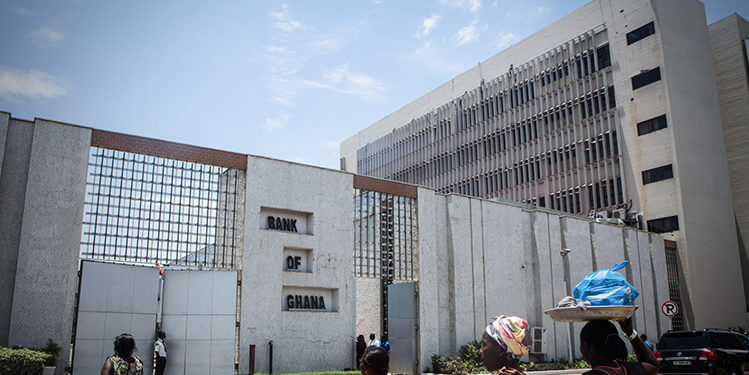Ghana’s gross international reserves declined by approximately GHS169 million. This is according to the January 2020 Statistical Bulletin released by Bank of Ghana, BoG.
The reserves stood at GHS8.418 billion as of December 2019, but it has now declined to GHS8.249 billion in January 2020
According to the Statistical Bulletin, the January 2020 cash and other reserve assets held by the central bank is 3.94 months of imports cover, a decline of 0.11 from the December 2019 figure which stood at 4.05.
This means that should Ghana run into difficulties in terms of shocks in the economy, it can fund imports by only 3.94 months.
Finance Minister’s proposals
On Monday, March 30, 2020, the Finance Minister, tabled before Parliament a proposal to allow government borrow up to 10% of the previous year’s tax revenue in the event of tight domestic financing market conditions amid the Covid-19 pandemic.
According to Mr Ken Ofori-Atta, the sector minister, the proposal, when granted, would reduce the nation’s foreign exchange reserves and put pressure on the cedi if demand for the currency resurges.
The International Monetary Fund (IMF), in report published in January this year, stated that Ghana’s foreign exchange reserve level remained relatively low.
“Gross international reserves stood at 2.7 months of imports in 2018, lower than the three-month rule-of-thumb benchmark and the norm of 3.6 months estimated by the model for resource-rich LICs (Lower Income Countries) with a flexible exchange rate,” the IMF said.
Also, the BoG’s had earlier in its Monetary Policy Report disclosed that the country’s Gross International Reserves had increased from US$7.02 billion at the end of December 2018 to US$8.093 billion in October 2019.
That represented an increase of US$1.67 billion within the spate of 10 months and this was also equivalent to 3.9 months of imports cover.
But the IMF figures indicates that Ghana’s gross international reserves for 2019 was US$5.1 billion, about 2.4 months of imports cover and forecasted to reduce to US$5.01 billion in 2020 but increase slightly to US$5.06 billion next year. This is equivalent to 2.3 months of import cover.
The Bretton Wood institution emphasised that the Ghana government’s definition of reserves is higher as it includes additional assets such as oil funds that may not meet the requirement of being readily available.








